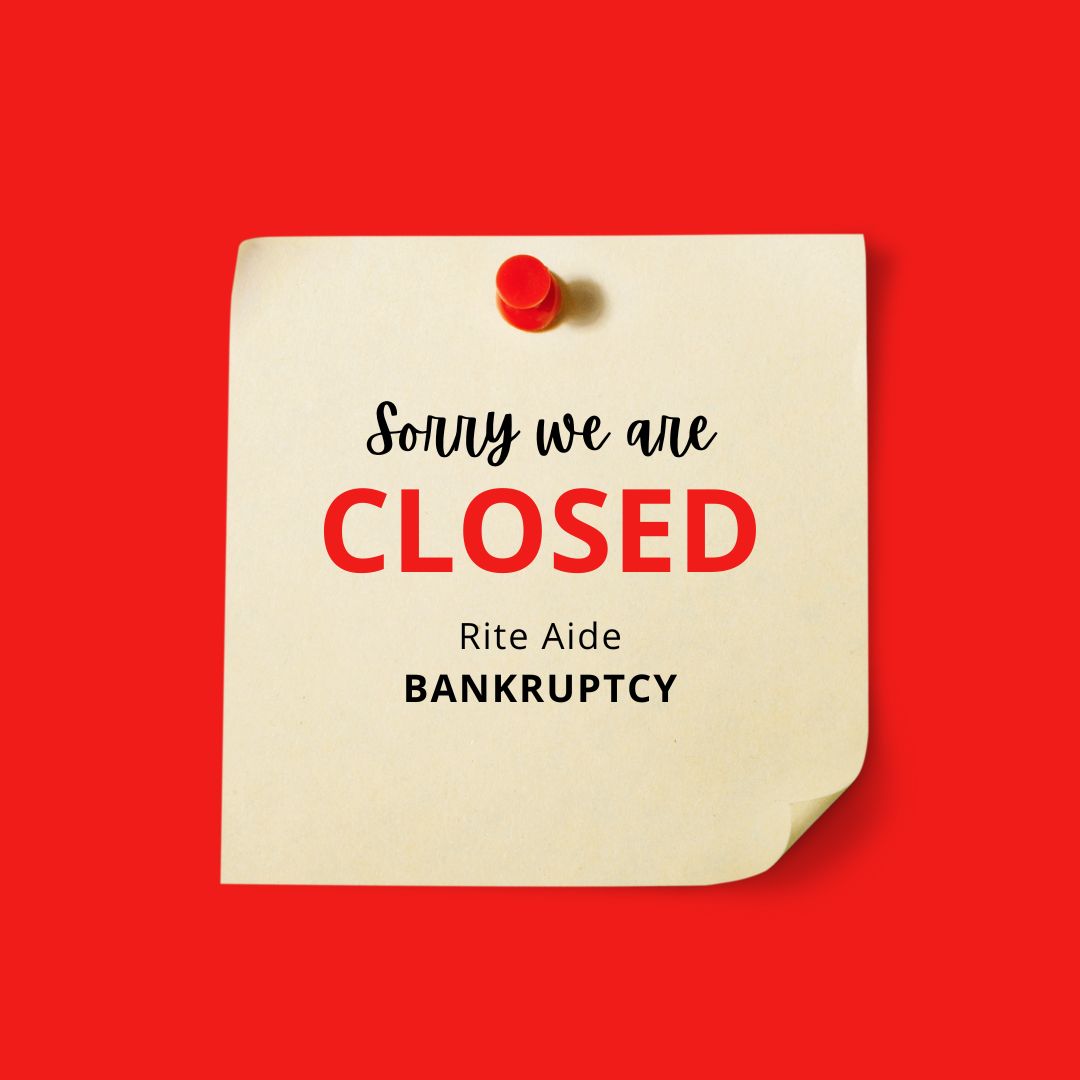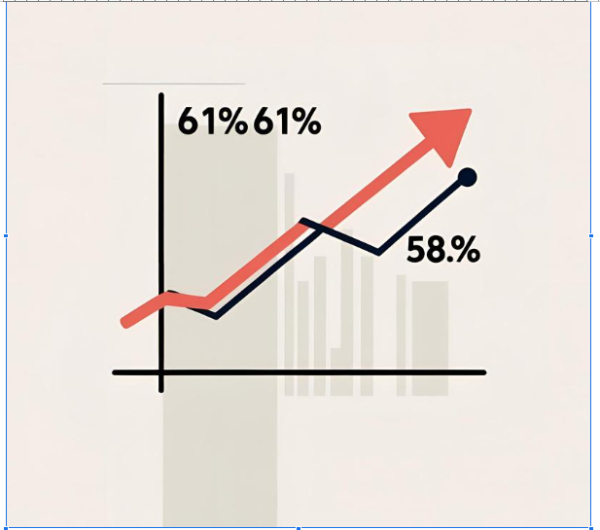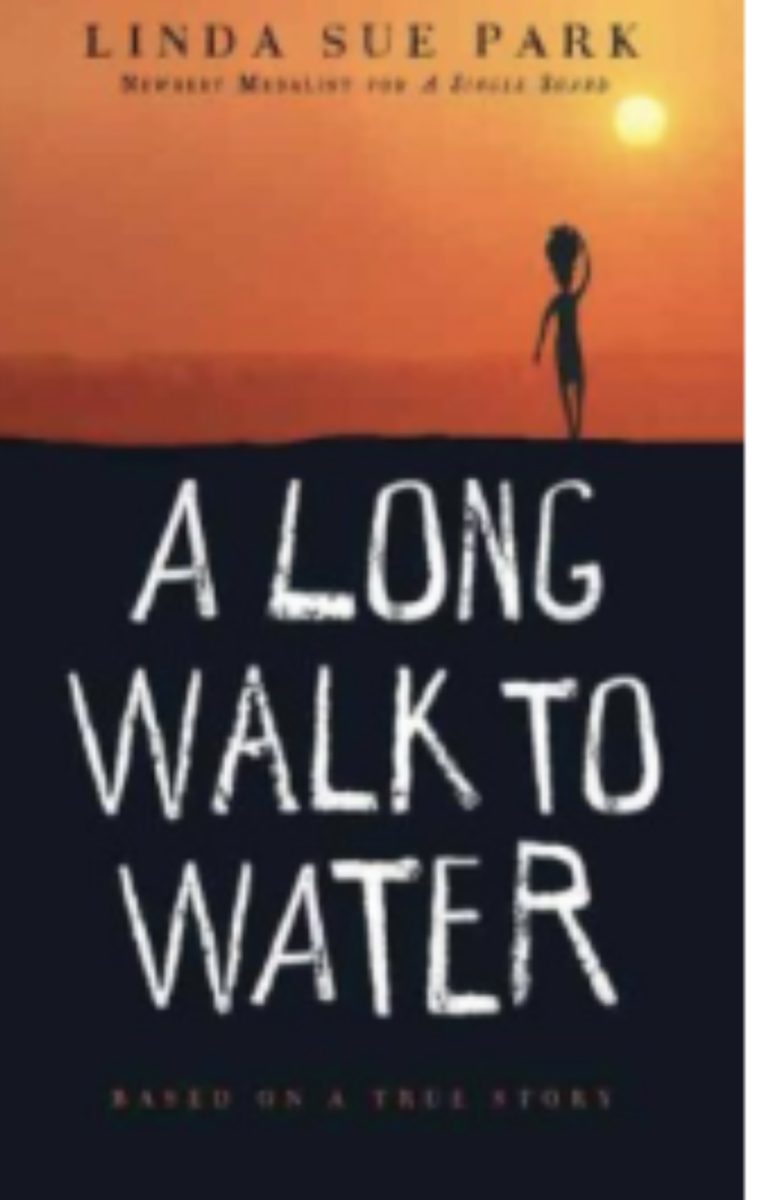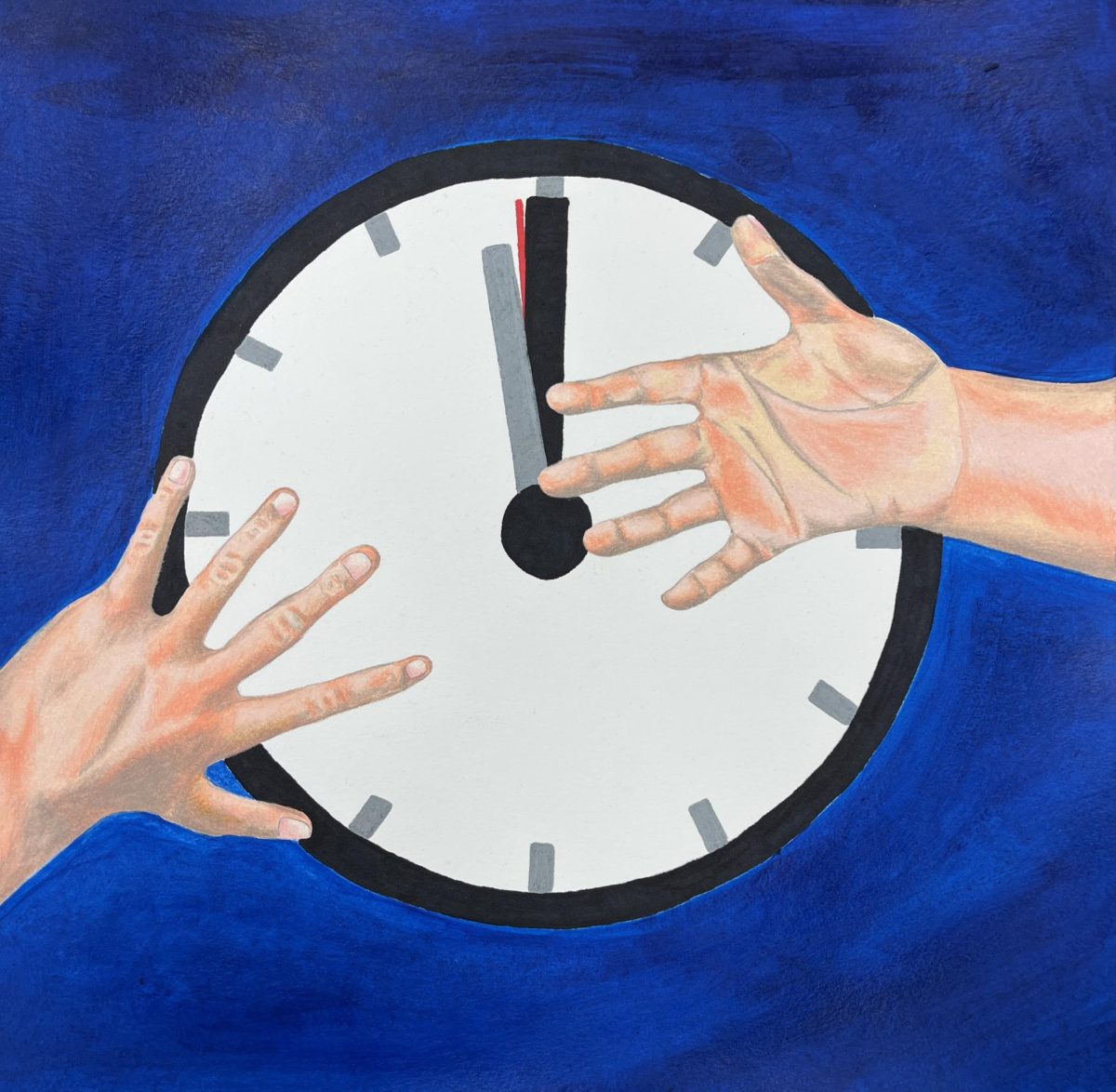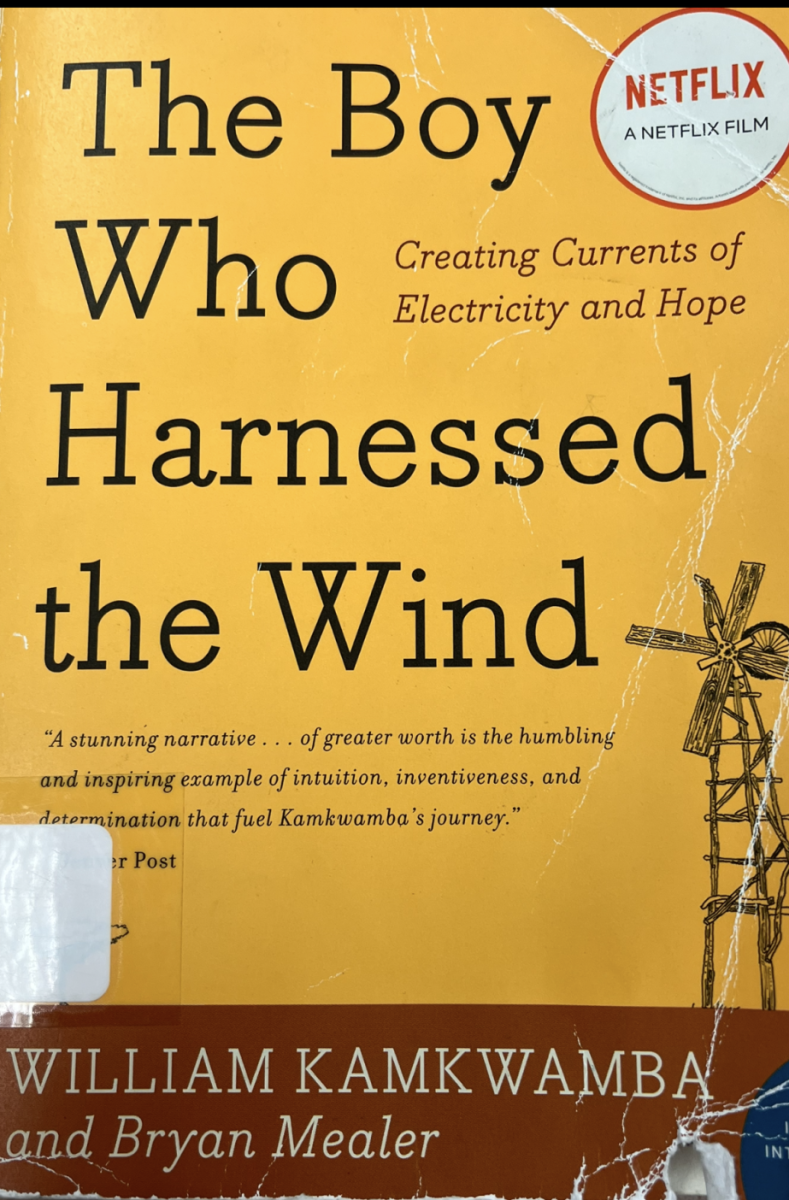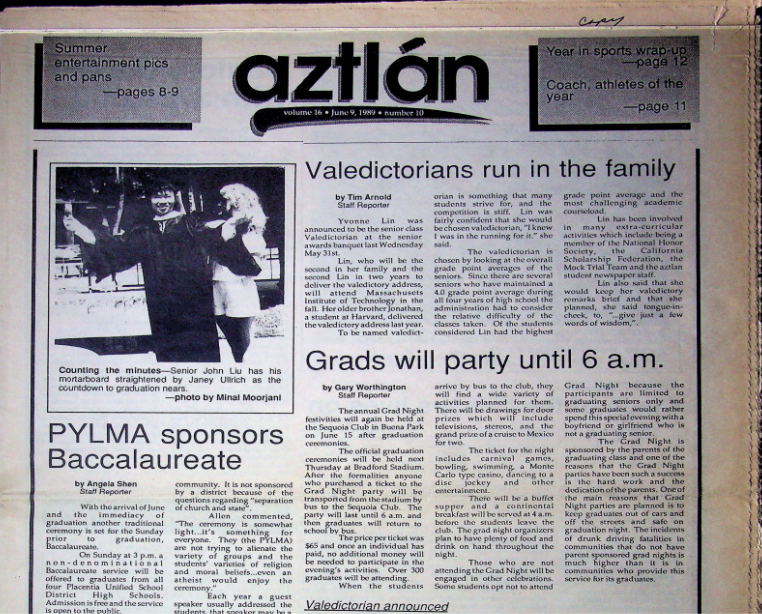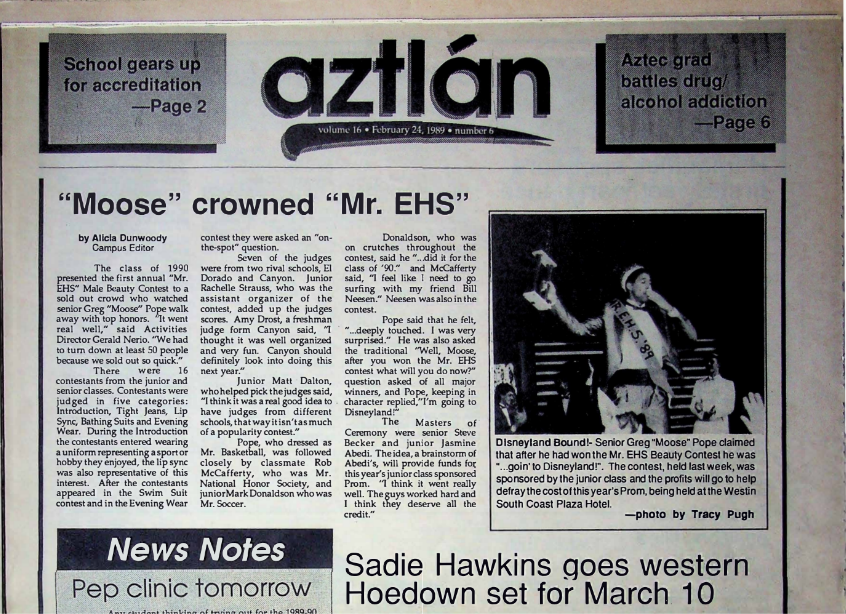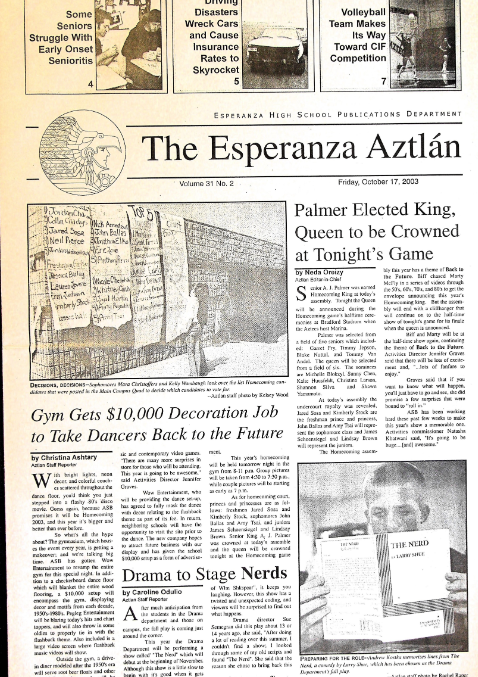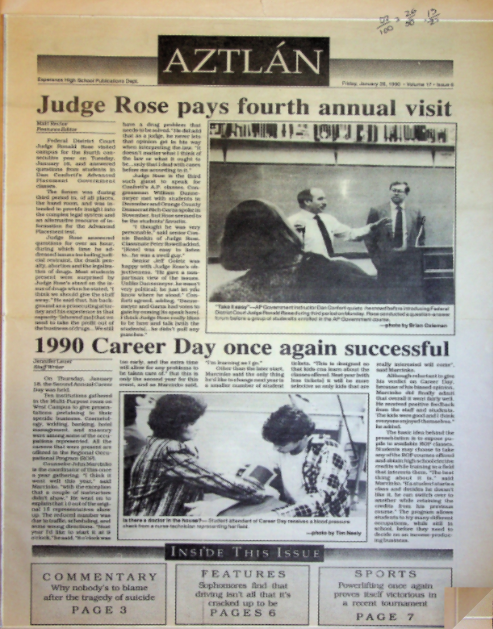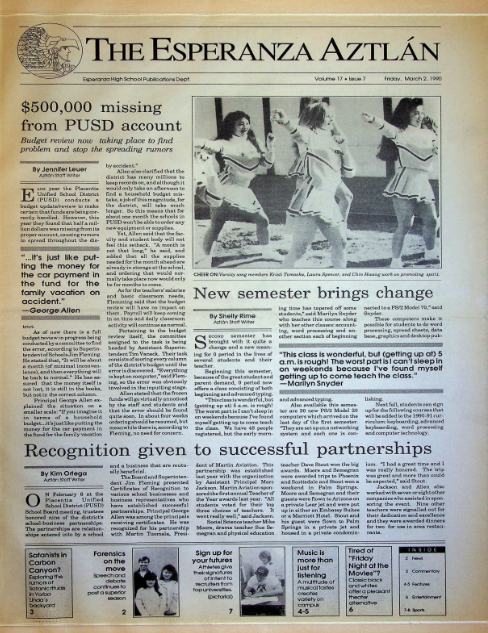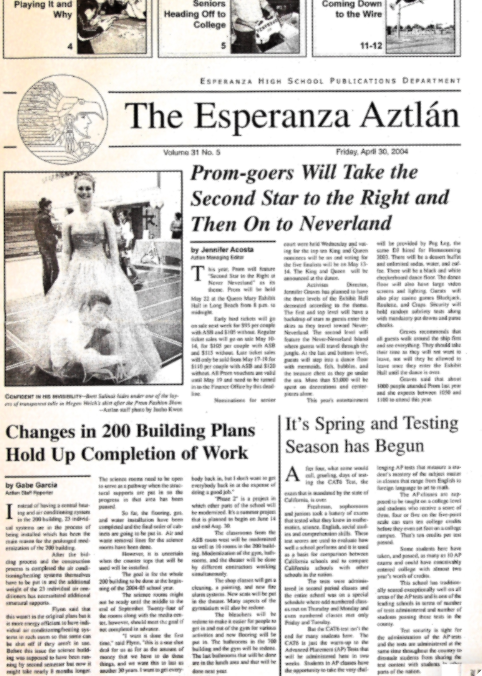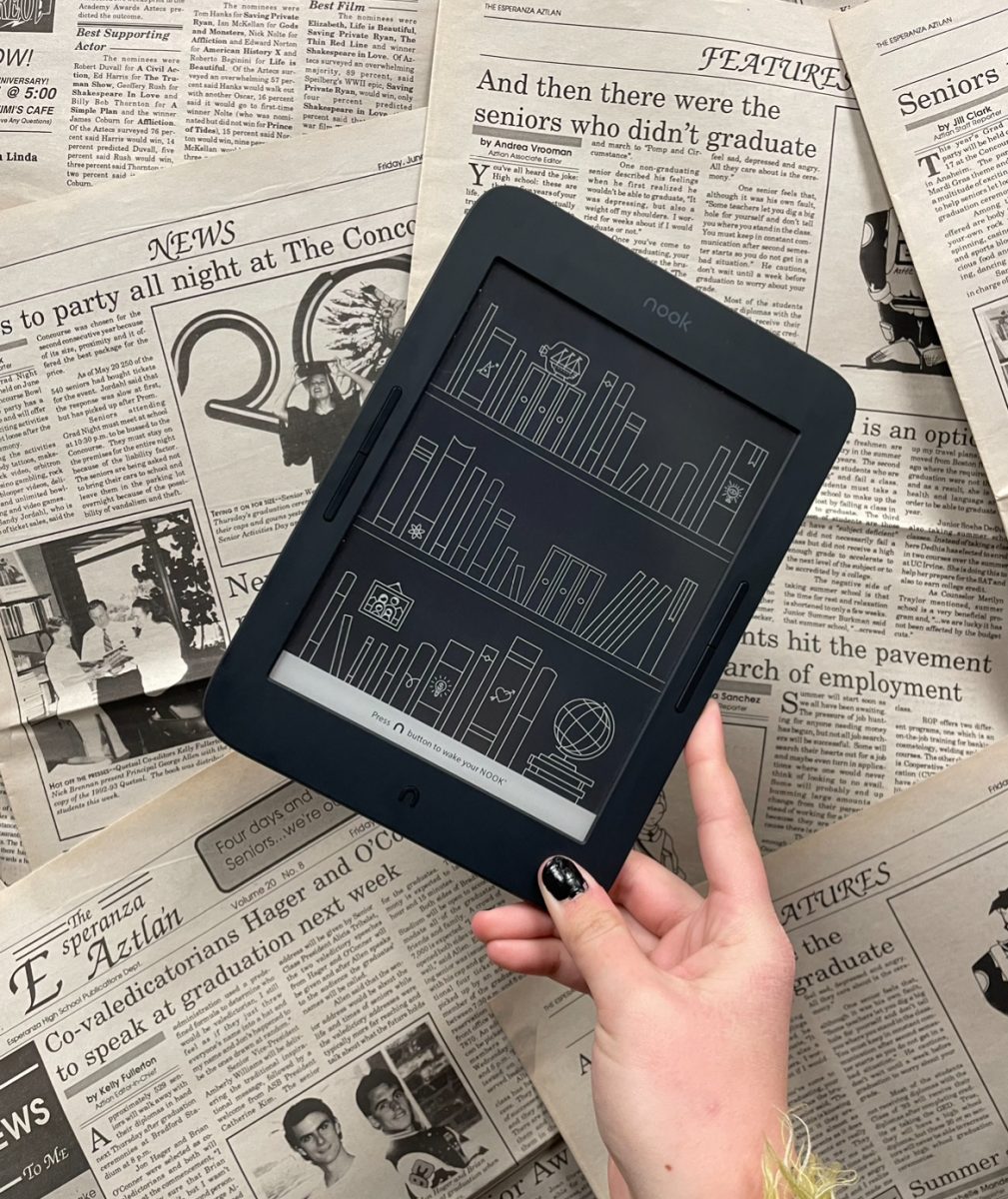From money to communication to entertainment, technology has quickly taken over nearly every aspect of human life, changing how we communicate and function as a society. Books, for better or worse, are no exception in this digital age. According to the Pew Research Center, roughly one-third of Americans read eBooks in 2021, a statistic that was bolstered by the pandemic and continues to rise as the years go by. Although many will debate whether eBooks or print books are better, there is no doubt that the internet and digital age have significantly boosted the public’s interest in reading overall. #booktok, a well-known hashtag on TikTok, has over 65.8 billion views, and sales of books have increased by as much as 50% over the past two years, a fact that major booksellers credit largely to the ever-growing hashtag (Insider Intelligence).
Thanks to the public’s renewed interest in reading, the debate between physical and digital books is more salient than ever; however, digital novels are easily the books of the future, for a multitude of reasons. The first is that eBooks are significantly more beneficial for the environment. On average, the typical reader will read a book one time, if that, and then slot the book onto their bookshelf, never to be touched again. These shelved books may look beautiful in a home, but billions of trees must be felled to fill bookstores, which leads to massive global deforestation projects (8billiontrees). For a single read, the environmental impact hardly seems worth it. An e-book, by comparison, can be downloaded onto any device, including phones and eReaders, which can store thousands of books in one single location. A bookshelf will hold significantly fewer books than a digital library and will only contribute to paper waste as old print books are discarded to make space for new ones, whereas eBooks take up no physical space at all. This not only makes reading more convenient but also means that fewer resources must be used to produce both the devices and eBooks, leading to a significantly lower environmental impact.
On the topic of convenience, eBooks easily surpass physical books in this category as well. Hardcover books (including textbooks) can weigh over 5 pounds, whereas most e-readers weigh half a pound or less (the-ebook-reader) (pennbookcenter). Factoring in width and height as well, eReaders will take up significantly less space in a bag or backpack compared to even a small paperback novel. eBooks that are downloaded to cell phones are also much easier to access in general, as the average person in today’s society does not go anywhere without their phone. This means that be it in the car, on a hike, or in the bathroom, digital novels can be accessed from anywhere at any time, even in the dark!
A final factor contributing to the eBook’s appeal is its affordability. The average price of an eBook is only three to four dollars, making eBooks significantly more affordable compared to print books, which typically cost fifteen to twenty dollars each (millcitypress). Many companies offer subscriptions which provide thousands of free eBooks, and additionally, more and more libraries are beginning to adopt programs which allow eBooks to be checked out for free, including the Yorba Linda Public Library. When the price of one print book could buy at least four eBooks, the more worthwhile purchase is entirely obvious. Many new and independently published authors also rely on sales from eBooks to start out their careers before printing traditionally, and these books are often heavily discounted. Purchasing these eBooks from Kindle and other online bookstores is not only affordable, but also supports new authors, and allows for an even greater selection of reading material than print books, as many of these independently published novels are not available in any other format.
Still looking for the satisfaction of holding a book, smelling the paper, and turning the pages, but don’t want to sacrifice the environment, convenience, or money? Visit a library! Library books can be loaned out 50-80 times, maximizing their use and significantly reducing their environmental impact (wordsrated). Borrowing books from libraries will help keep these vital public community centers open, providing thousands of people with free access to the internet, books, community events, and quiet study spots.
Despite the advantages of eBooks, print books are not going anywhere anytime soon. Changing such a long-standing tradition will take more than a trending tiktok hashtag; however, as more and more of today’s society comes to rely on technology, one can only hope that reading will evolve in the same way.



